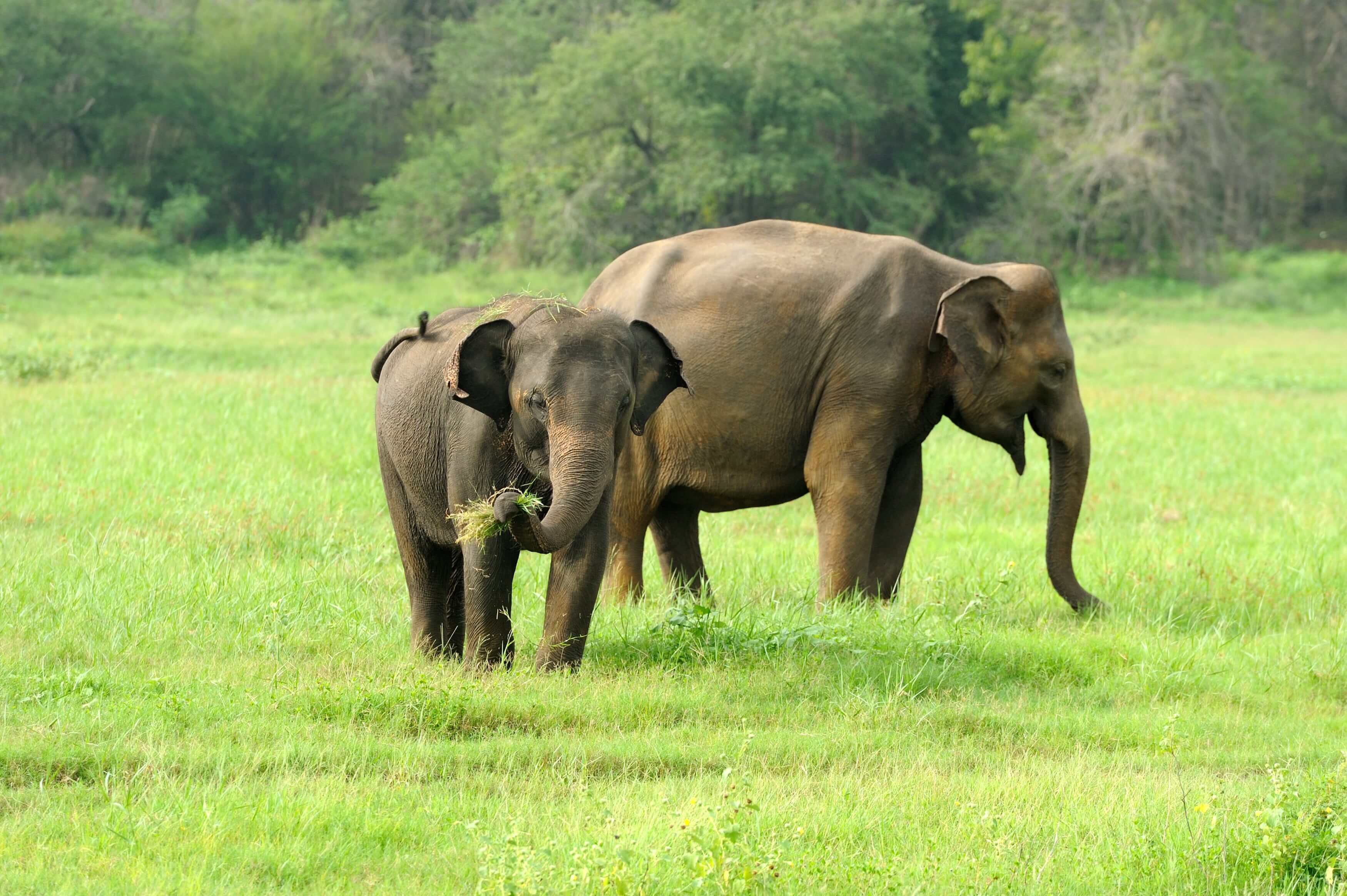WILDLIFE A TREASURE FOR THE WHOLE WORLD
-

- by Admin
- Sep 02, 2024

The Oxford dictionary defines the wildlife as “wild animals collectively; the native fauna (and sometimes flora) of a region”. So thinking about wildlife means referring to animals that have not been domesticated or tamed and are usually living in a natural environment, including both game and nongame species. For examples, deer, tarantula, fox, ant, elephant, gorilla… and so on, are all part of the wildlife. But this means that even microorganism, vegetation and fungi are part of the ecological system. All of these are interconnected and so the most important lesson we can, and we have to learn is: without other type of lives, human life could not exist.
But, when wildlife is important for human beings?
There are many different reasons to assert the importance of wildlife in human life: first of all, the maintenance of wildlife means guarantying the “balance of nature”, and in consequence the natural cycles of life, the food chain… If lions disappeared, what would happen? Firstly, their natural pray (zebras, gazelles…) would increase in number, due to the absence of their principal predator. This raise in number would lead to a reduction of vegetable food, not just for the excess animal, but for all other herbivores (elephants, buffalos, giraffes, warthog, rhinos…). The absence of vegetable supply would kill all the herbivorous, and this would conduct to the death of carnivorous, too. In few years, the general and natural biodiversity would rapidly decrease, until reaching the total decease of all animals of that area. This reasoning can be developed not just for lions, but for all animals across the world.
Secondly, wildlife has an undeniable economic value: the flora provides to human beings many fundamental and helpful substances like timber, paper, natural gums… without considering all the herbs used for natural drugs. Fauna, instead, play an important role for tourism: many developing countries have more than 80% of their economies based on wildlife tourism (in particular safaris, to see wild animals in their natural habitat). If attractive wild animals such as lions, elephants, rhinos or giraffes died, who would go to poor places, such as Sub-Saharan inner cities? To do what? To visit what?
Thirdly, wildlife has an aesthetic value to human beings and it is part of their cultural assets… Animals have always had a privileged position in the human history and consequently in the history of art: since the beginning of the mankind, different masterpieces have involved animals and wildlife (or have them as the principal subject!): from the first rock paintings, where hunted animals were the main topic, up until nowadays when we cannot forget Picasso’s Guernica, where a horse and a bull are represented, suffering for the madness of few powerful humans.
Wildlife is actually and heritage of all humanity and as such it must be safeguarded and protected. Due to the interconnection between the ecological sphere, all animals need to be defended, from fish to birds to mammals. This protection is not just for the future generations of humans, that deserve to live in a world not disfigured by the current greed, but above all for all the animals themselves. Because they are the only one that understood that they are on the Earth for just the time of their life, while the Earth will remain here, for many more millennium. It is not anymore “sit tibi terra levis”: it must be us to be slight on the Earth.
OIPA has been fighting for wildlife since the beginning of its work, and over the year it began to specialize in the various sectors to ensure a greater impact. Anyway, it continues to regard the wildlife as a total that must be protected. For everyone.
0 Comments:
Leave a Reply